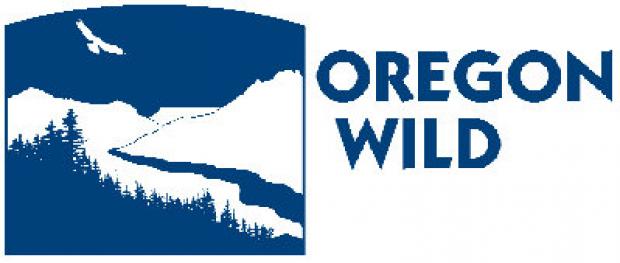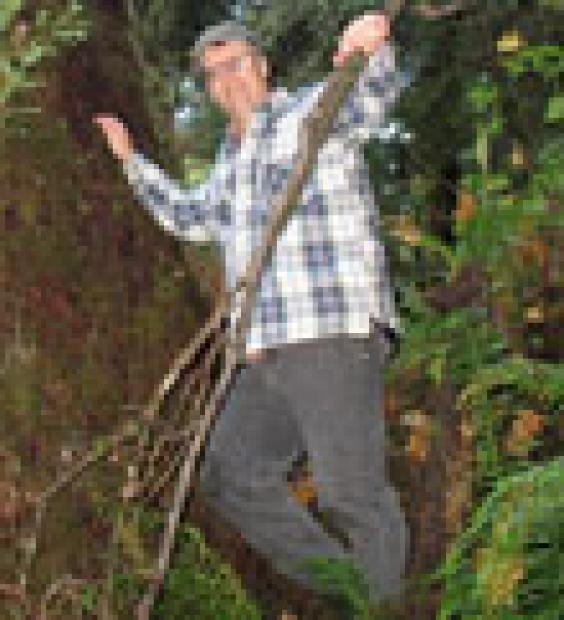
Long before climate change was front page news, Oregon Wild worked to protect and restore Oregon’s wildlands, wildlife, and water. Our main motivations were to conserve public values like clean water, biodiversity, recreation, and natural beauty. We’ve since learned that our work not only helps make Oregon a great place to live, work, and play, but also helps to save the planet.
For over three decades Oregon Wild has worked to protect unroaded areas, wilderness areas, and old-growth forests. It turns out that good forest conservation is also good climate policy, because protected forests help store carbon in long-lived ecosystems and keeps that carbon out of the atmosphere. Conservation of large-scale ecosystems also helps maintain the adaptive, self-organizing, evolutionary processes that make natural systems resilient to climate change — conserving a connected network of suitable habitats allowing wildlife to move in response to changing conditions. Climate adaptation will also require a growing acceptance of nature’s self-regulating mechanisms like fire and floods.
Oregon Wild has more recently embraced restoration. For us, restoration means recreating historic ecosystem patterns. Currently, old forests are rare compared to the historic condition, and young forests are over-abundant. Sometimes restoration can simply mean letting forests grow and allowing natural processes to play out. In other cases, ecosystems have been so degraded that restoration goals can be best achieved with careful “active management,” such as removing weeds, reintroducing fire, removing old logging roads, and careful thinning of dense young stands that resulted from past clearcutting. All these can help make ecosystems more resilient and prepare ecosystems for climate change.
Oregon Wild works by using science, law, public education, and political advocacy to influence federal agencies, such as the Forest Service, Bureau of Land Management, and Fish & Wildlife Service, to do a better job protecting the public interest in healthy, vibrant ecosystems. One of our biggest tasks on the climate front is to debunk the misguided notion that logging is good for the climate.
Meet Doug Heiken from Oregon Wild

Doug Heiken grew up in Clackamas County, Oregon climbing red cedars and tromping through skunk cabbage swamps. Doug worked for former Secretary of State Bill Bradbury when Bill served in the Oregon legislature. Doug earned a law degree from University of Oregon before learning from people like Wendell Wood how to advocate for better forest practices on our public lands. Now living in Eugene, Doug has been a volunteer or employee of Oregon Wild (formerly Oregon Natural Resources Council) since 1990 mainly working to monitor the Northwest Forest Plan and protect old-growth forests.
Give for a brighter future
Connect
Join our email list to learn about what we do and how to get involved.